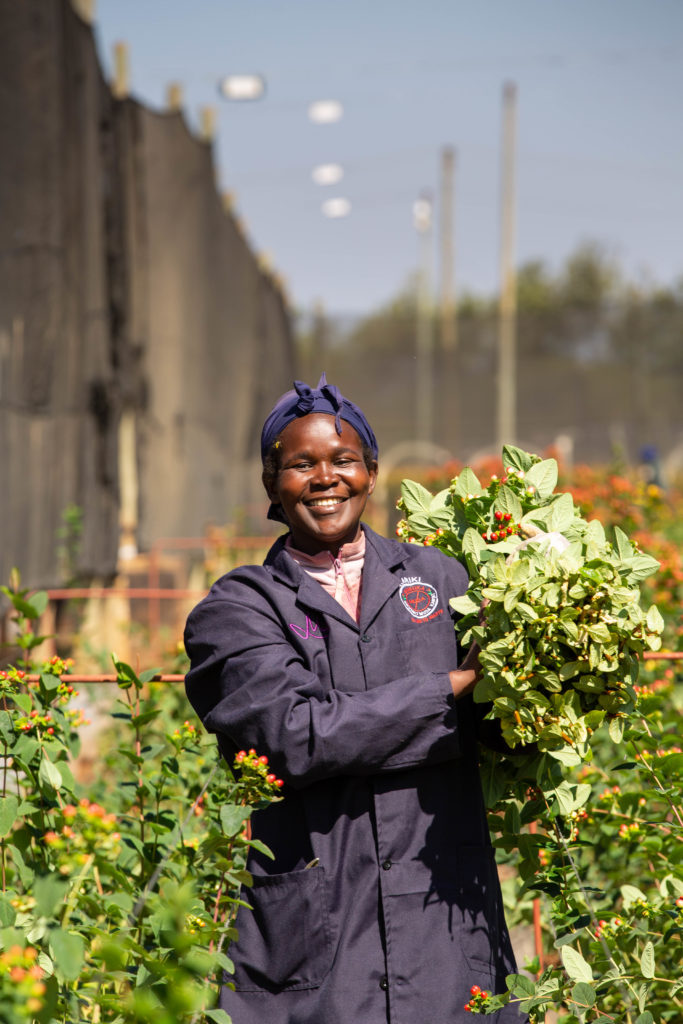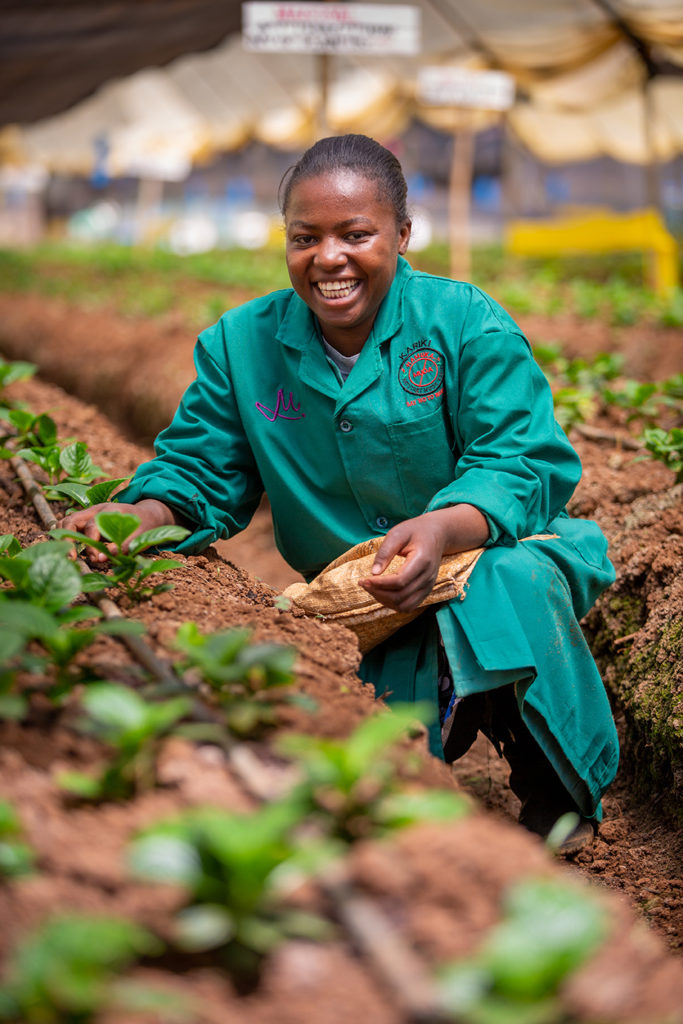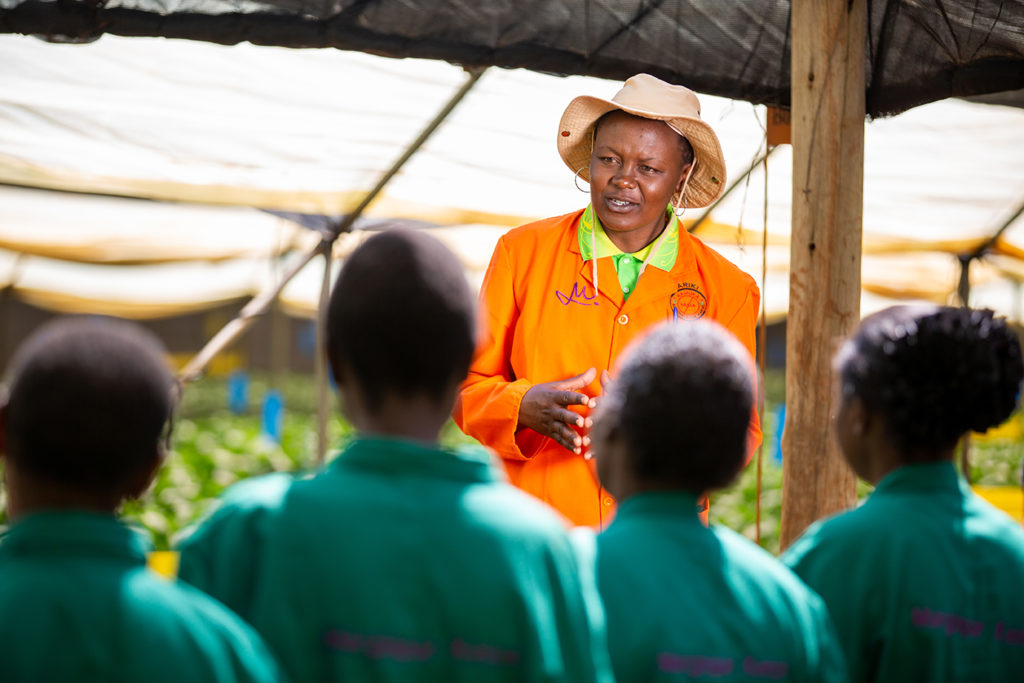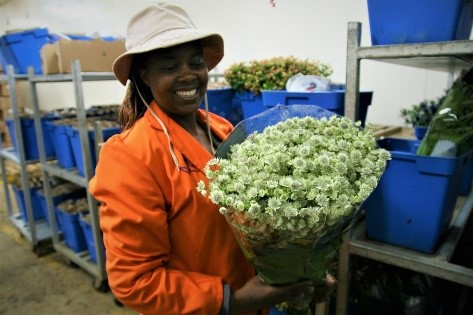January 30, 2020
Empowering employees and increasing productivity through the Kaizen Model.

The need
As in many African countries, Ethiopia and Kenya are facing a youth job crisis, and will need to create millions of new jobs each year due to high population growth. Floriculture is a major employer in these geographies and growth in this sector will create jobs.
Unpredictable climate and prices make investments in the flower sector risky. In 2018, Norfund allocated USD 8.5 million in equity through the Kenyan flower producer Kariki Flowers Ltd to acquire two East African flower producing companies; Carzan Flowers in Kenya, and Marginpar in Ethiopia. Norfund’s investment in Marginpar enabled the acquisition and development of several underperforming farms in Kenya and Ethiopia.
Marginpar has a strong focus on its employees and since 2012 they have introduced a Japanese management system called Kaizen to its operations in Kenya. Following the recent acquisition, streamlining and ensuring all employees in both Kenya and Ethiopia work towards the same goal has been a priority for Marginpar.


The intervention
Kaizen is a Japanese method of working to create a culture of continuous improvement in order to increase productivity. The method emphasizes active engagement of all workers, called value-adders. In the Kaizen model, employees are trusted, valued, and empowered.
Kariki was the only flower producer that practised the Kaizen method before the acquisition. After the acquisition, Marginpar has implemented Kariki´s Kaizen model at other farms in Kenya. This involves tracking productivity and sharing information with employees through visualising progress. With the successful implementation of the Kaizen model across all farms in Kenya, the farms have seen higher productivity and positive results on operations and on their employees. With co-funding from Norfund’s Business Support, Kaizen Institute will be contracted to implement the Kaizen model on the farms in Ethiopia during 2020.

The impact
We believe that implementing the Kaizen model in Ethiopia will empower and strengthen Marginpar’s employees. This will give higher productivity and better financial results for Marginpar, and better working conditions and satisfaction for their workers.
Co-funding this initiative will also give Norfund employees a better understanding of the Kaizen model, how it is implemented and the costs and benefits of implementing it. This will be important knowledge to have in Norfund’s toolbox for active ownership going forward as Norfund might see the possibility to introduce the Kaizen model to other portfolio companies.
Kaizen – continuous improvement
Many workers at Marginpar began their careers as non-skilled workers and have since become managers. Priscillah Muhonja, for example, started as a value-adder. She progressed from working as a harvester, to being a post-harvest manager at the pack house at the Nanyuki farm. She explains that the communication between value-adders and managers has improved significantly because of the implementation of the Kaizen system. Value-adders are encouraged to present ideas on how to improve production. They work together in small teams to improve and sustain operations.

“When there is a problem in the production, we do not ask “who”, we focus on the process and look for the root cause”